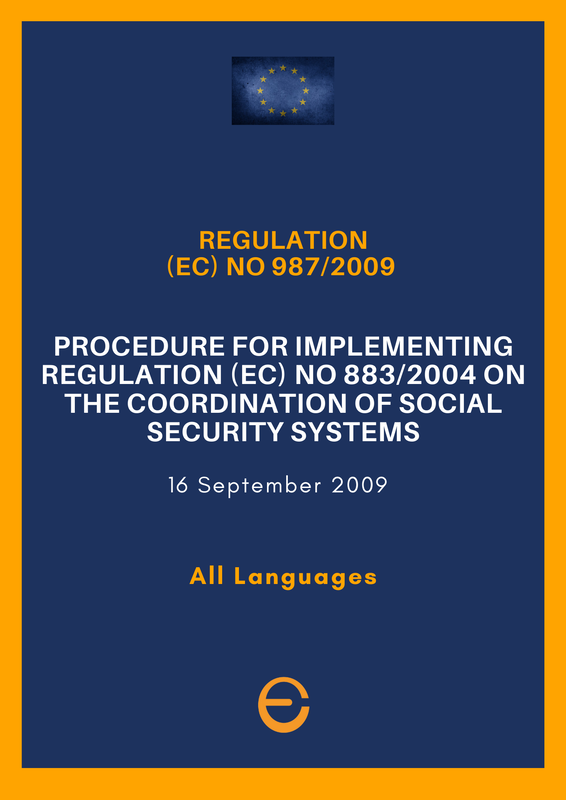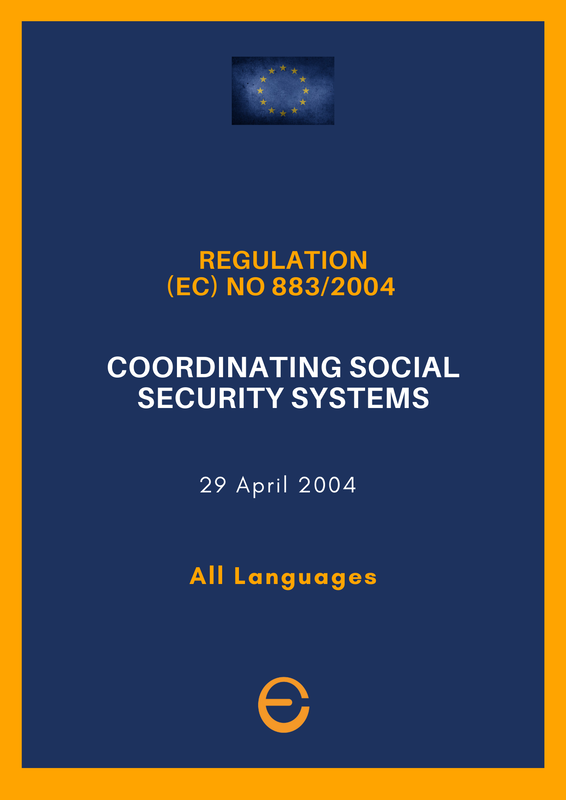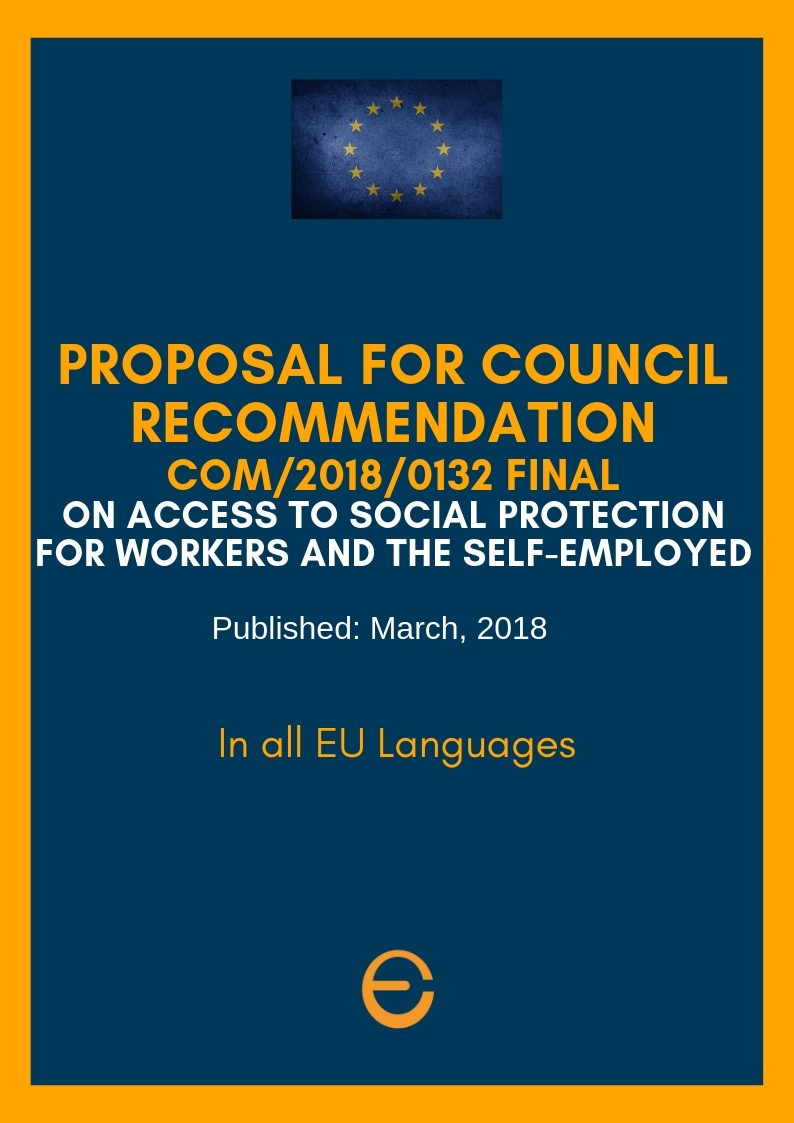EU SOCIAL PILLAR
Chapter III
Chapter III
12. Social protection
"Regardless of the type and duration of their employment relationship, workers, and, under comparable conditions, the self-employed, have the right to adequate social protection".




